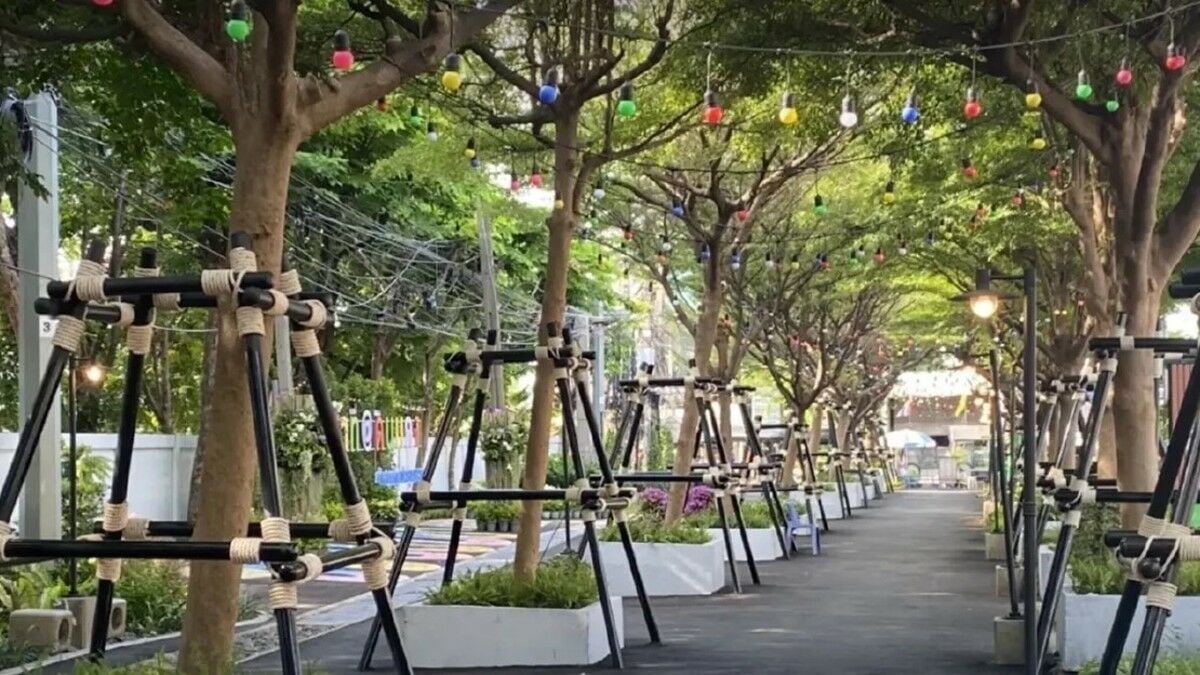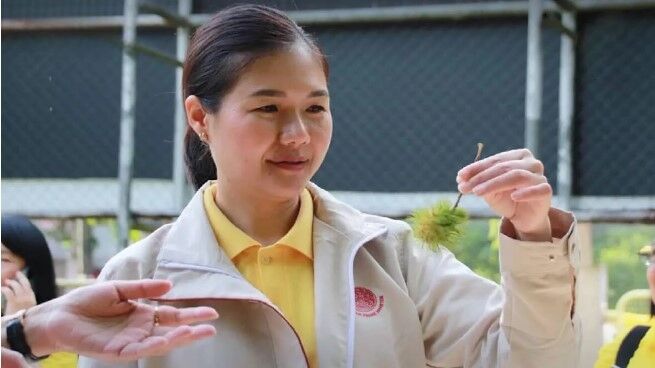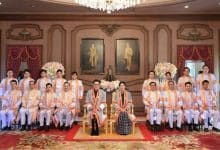Thai king’s birthday sparks 10 royal projects to transform Bangkok

To celebrate His Majesty the King’s 6th cycle birthday, the Thai government has launched 10 ambitious royal projects under the theme Forest, Water, People. These initiatives align with His Majesty’s vision to blend environmental conservation with improving the quality of life for Thai citizens.
Among the standout projects is the Elevate Pocket Park initiative, a partnership between the government and the Bangkok Metropolitan Administration (BMA). This project is set to create 72 15-minute parks across the bustling capital. These small green spaces will be within a 15-minute walk of urban dwellers, aiming to give Bangkokians easy access to nature while promoting urban conservation.
But it’s not just about pretty parks, said PM Office Minister Jiraporn Sindhuprai.
“The government focuses on community participation and cross-sector learning. The public is invited to contribute to the design process, so their parks can meet their needs. This approach also encourages joint mechanisms for maintaining the spaces.”
So far, 42 of these eco-friendly parks have already been developed, providing much-needed spaces for relaxation while acting as natural dust filters.
These 15-minute Parks are more than just green havens; they represent a new way of living, where conservation and convenience go hand-in-hand. Expect cleaner air, better mental well-being, and community engagement to flourish.
The king’s birthday projects aim to leave a lasting legacy, showing that conservation can be part of everyday life in urban areas, while also making Bangkok a greener, more sustainable city, reported The Nation.

In related news, King Mongkut’s University of Technology Thonburi (KMUTT) and the Royal Irrigation Department (RID) have launched an innovative project to address agricultural issues caused by soil salinity in northeastern Thailand using bio-cement.
Thidarat Bunsri, part of the Smart Biomaterials and Technology Research Group at KMUTT, explained that bio-cement is created through microbial-induced calcium carbonate. The key organic compound in this process is derived from microbes found in fermented fish bone residue, a byproduct of large-scale fish sauce production.
Latest Thailand News
Follow The Thaiger on Google News:


























